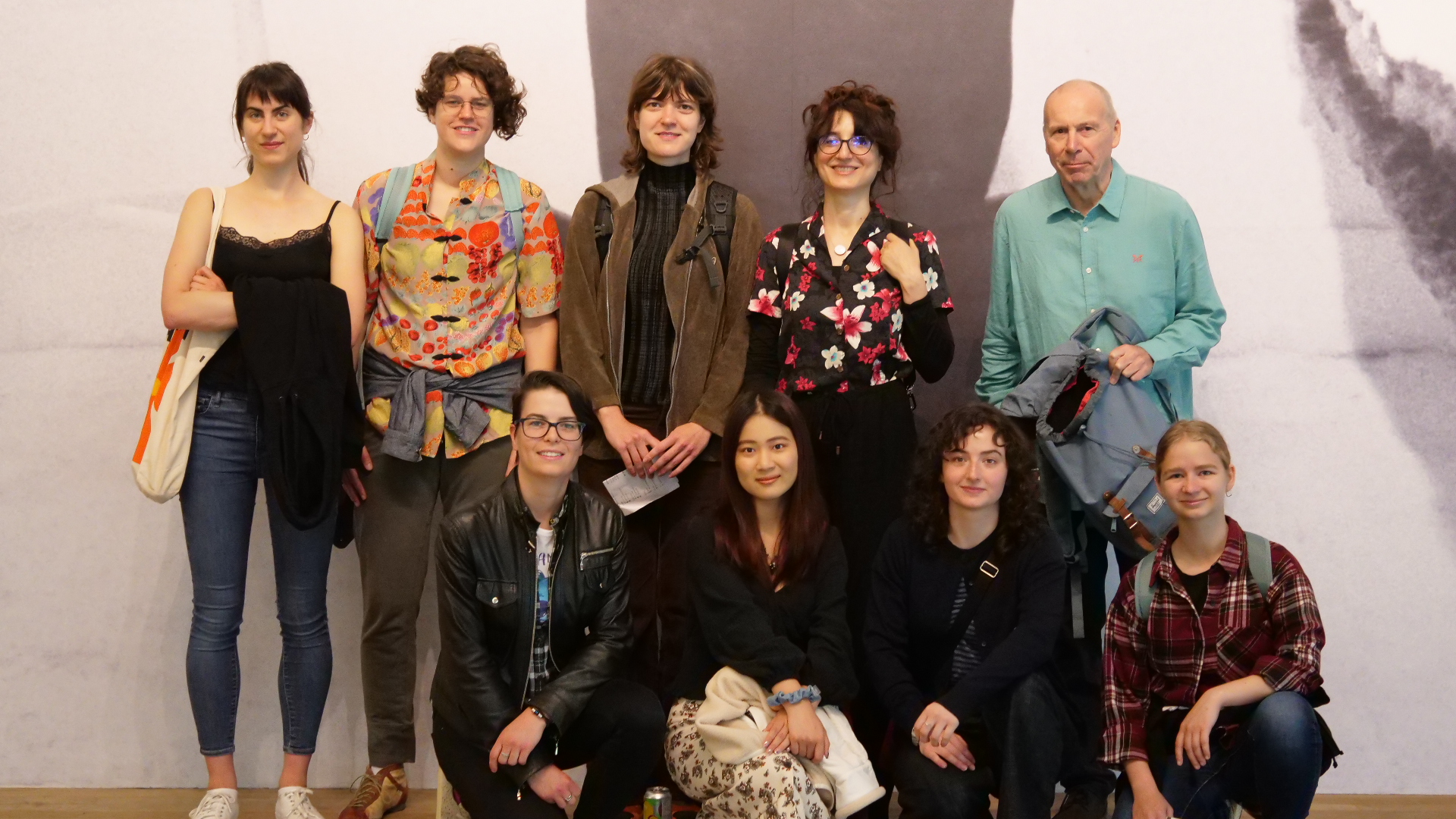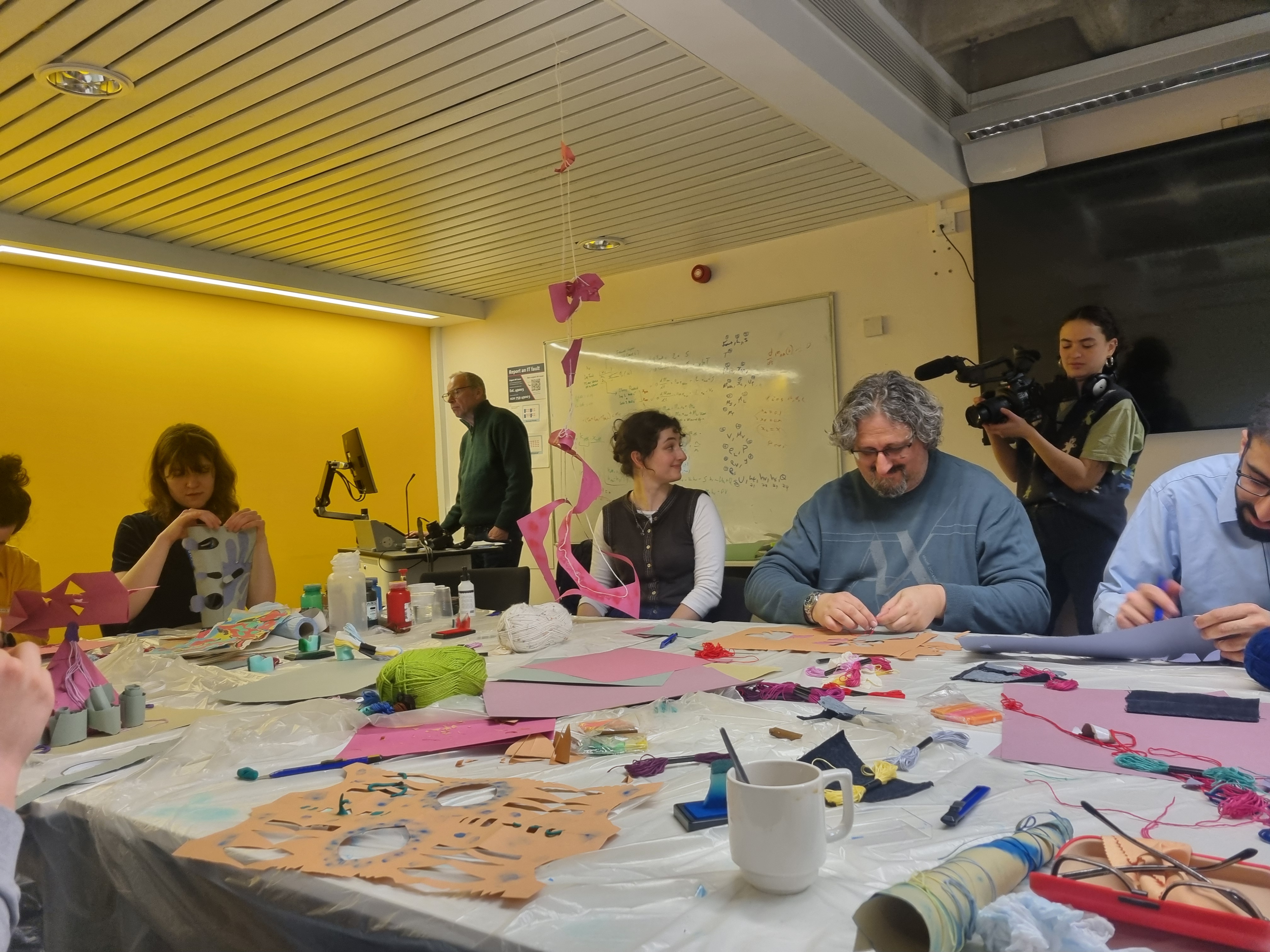
In discussions about contemporary research culture, time, and the lack of it, are dominating topics. Yet surveys also reveal how much scientists enjoy, and are committed to, the daily craft of their work. How then can we get the balance right, between the necessity and haste of scientific life, and the steady hum of research practice that seems to ground our pleasure in science?
The Good Science Project organises discussion events open to everyone at Imperial. Our theme is the ordinary business of science. With science so successful, and Imperial so busy, all of us look to communicate our stand-out triumphs. But what about the quieter matters, that are so important, but are so easily over-looked? Do we notice enough the trusting conversations between colleagues? Or the steady, perhaps quite hidden, development of skills and knowledge? Or the pride in a class well-taught? Or the growing contact with a local school’s Sixth Form? The job of The Good Science Project is to broaden perspectives and encourage collegiality, and therefore enhance our faith in our work.
The Friday Forums
Friday Forums are congenial debates on some aspect of research culture. A panel initiates the conversation, but fully half the time is given to all-important Q and A and audience discussion. The first series of Friday Forum took place in 2022/23 and launched with a meeting about the relation between technicians and scientists. At that discussion we were reminded how important technicians are to the emotional wellbeing of a laboratory, as well as to its academic success.
After a Friday Forum, you walk away with a feeling of personal growth and the realisation that you have broadened your horizon and gained new perspectives on the complex landscape of research culture. Dr Andrea Fantuzzi
At another meeting we discussed the difficulties scientists face when they want to be politically active, for example over climate change. We asked: when does scientific knowledge demand not just academic publication, but civic action? The final Friday Forum of 2022/23, called ‘The Design of Science’, explored the way architecture and design can impact on the life of a scientist. We learned that the physical structure of a laboratory is significant in helping, or hindering, conversation, and therefore is important to science innovation. Subsequent Friday Forums have focused on topics as diverse as the difficulties of migrating to a new country to do your science; the changing use of the animal model; and the role of the social sciences at Imperial. The final Friday Forum of the current series will discuss the way faith animates both science and religion.
The Day of Doubt
Scientists know that difficulty and failure, as well as hope and success, are always in the mix. The Good Science Project’s first conference, on September 27th 2023, was called The Day of Doubt, and argued that doubt is central to science, and is a resource for eventual success. Successive speakers, including Sir Paul Nurse and Professor Dame Ottoline Leyser, asked: if doubt and delay are inescapable and healthy aspects of research, how best can Imperial allow, even encourage, the wandering and ‘stuck’ aspects of the research life? A recording of the conference can be found on YouTube.
The Triptych of Science
If ‘good science’ is as much about the daily routines of your craft as it is about some great hope, how can we make sure that the less visible, the unsung aspects of science, are rewarded and noticed, even by ourselves? How can we ensure that ordinary craft, and far-reaching hope, are in relation?
To explore this question, artist-in-residence Ella Miodownik worked with ten scientists, social scientists and science managers, to see how the life scientific can find expression in weaving, drawing, painting and sculpting. Together they produced a tapestry, an artistic representation of three themes important to research culture: emotion, time and balance. Along the way MSc Science Communication students Mikayla Hu and Madisson McKone videoed the work and recorded the conversations – a sort of laboratory notebook. In July 2024, we had an exhibition and a private view, and the Triptych will now find a permanent home, hung on the main stairwell of the Abdus Salaam library.
I enjoyed creating with diverse multi-field collaborators, as it really helped me, a young upcoming researcher, to get a taste of opinions across the scientific community. I loved the informal friendly atmosphere of meetings where opinions could be freely shared, problems discussed, and creativity was always supported.
Kate Kirina

This work was funded by Research England's Enhancing Research Culture grant.